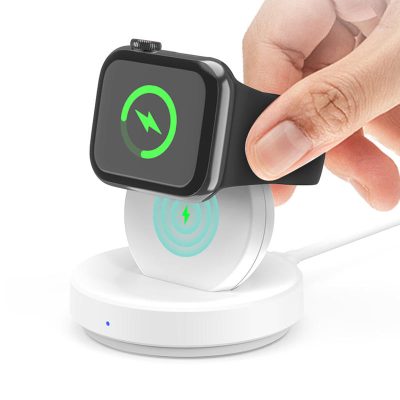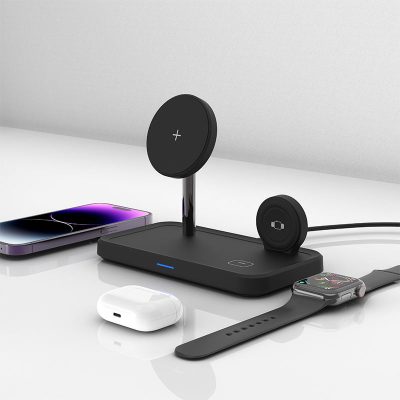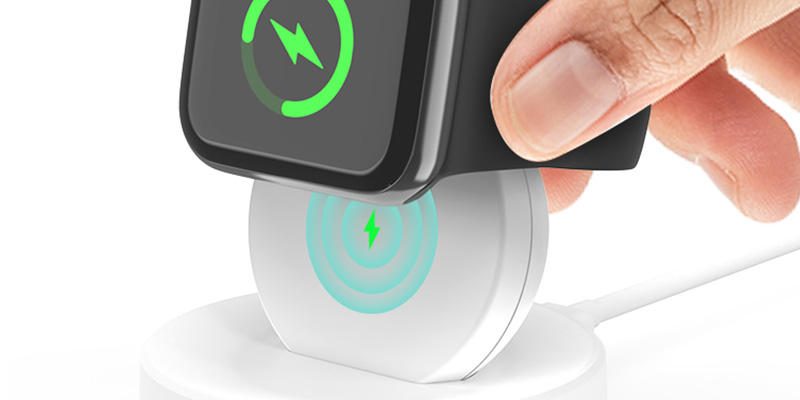Wireless charging technology has evolved with several different standards, with Qi, PMA (Power Matters Alliance), and AirFuel Alliance being the most prominent. Here’s a brief overview of these standards:
1. **Qi Standard**:
– Qi is a wireless charging standard developed by the Wireless Power Consortium (WPC).
– It uses electromagnetic induction to charge devices wirelessly, eliminating the need for plugging and unplugging charging cables.
– The main advantage of Qi is its support for all devices with a universal Micro-USB interface and its broad industry support, with over 200 companies backing the standard for strong compatibility.
– Qi v2.0 aims to unify the wireless charging industry, reducing consumer confusion and increasing device interoperability.
– Qi2 devices feature Magnetic Power Profile technology, which improves energy efficiency, speeds up charging, and simplifies usability.
– Qi covers power levels up to 15W but has the potential to extend to 60W, allowing wireless charging of devices like laptops.
2. **PMA Standard**:
– PMA (Power Matters Alliance) was established by leading mobile phone manufacturers, including AT&T.
– Its main advantage is its support for all devices with a universal Micro-USB interface, strong compatibility, and the ability to charge multiple devices simultaneously within a certain range.
– PMA has broad applications in accessories such as socket converters, mobile power banks, and car chargers, with high transmission efficiency.
– Although PMA was once a major competitor to Qi, especially in certain cafes and public places in North America, its popularity is not as widespread as Qi’s, and PMA maintains a presence in certain devices and infrastructure.
3. **AirFuel Alliance Standard**:
– AirFuel Alliance is the merger of the former standards A4WP (Alliance for Wireless Power) and PMA.
– This standard supports both resonant and RF (radio frequency) wireless charging, allowing for greater flexibility in device positioning and the ability to charge within distances up to 45mm.
– These features make AirFuel technology suitable for a wider range of devices, including industrial equipment and IoT devices.
– AirFuel Alliance is known for its ability to support longer-distance charging and the lack of need for precise alignment, making it suitable for scenarios requiring larger charging areas and multi-device charging.
In summary, the Qi standard is the most widely adopted wireless charging standard, especially in smartphones and other mobile devices. PMA and AirFuel Alliance offer unique advantages in specific domains and applications, but their overall market share and popularity are smaller compared to the Qi standard. As technology advances, the wireless charging industry is moving towards more universal solutions, aiming to bridge these standards to provide a better user experience and promote the development of technology across multiple markets and applications.









